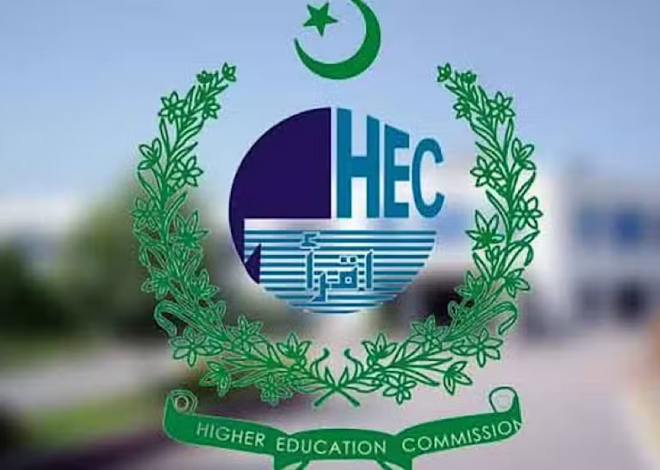
World Bank Approves $48.9 Million Grant for Education in Punjab
A Major Boost for Punjab’s Education Sector
The World Bank has approved a $48.9 million grant under the Global Partnership for Education (GPE) Fund to strengthen and expand access to education in Punjab, Pakistan. The initiative, titled Getting Results: Access and Delivery of Quality Education Services and System Transformation in Punjab, is designed to transform the education landscape of the province by addressing critical gaps in access, quality, and inclusivity.
Punjab, the most populous province of Pakistan, faces immense challenges in ensuring quality education for all. This project aims to benefit more than 4 million children, creating an opportunity for large-scale impact in both formal and non-formal education systems.
Reaching the Most Vulnerable Groups
A defining feature of this program is its inclusivity. Among the 4 million children expected to benefit, special attention will be given to out-of-school children, differently-abled learners, and students from marginalized communities. According to project details, over 80,000 out-of-school students will be brought into classrooms, while 140,000 differently-abled children will receive targeted support to ensure their right to education.
By focusing on these vulnerable groups, the initiative seeks to reduce disparities in access and bridge the gap between privileged and underprivileged segments of society. Officials have emphasized that inclusivity remains at the heart of this effort, ensuring no child is left behind.
Empowering Teachers and School Leaders
Teachers form the backbone of any education system, and this project recognizes their crucial role in transforming learning outcomes. More than 100,000 teachers and school leaders in Punjab will receive comprehensive training under the program.
The training modules will emphasize foundational learning skills, modern teaching methodologies, and strategies to foster inclusive classrooms. Additionally, climate resilience will be a core theme, preparing educators to deal with challenges posed by environmental changes that directly impact schools and communities. This approach is expected to create a new generation of educators equipped to deliver quality and sustainable education.
Strengthening Education Systems
Beyond direct support to students and teachers, the project will also focus on system transformation. Key reforms are planned in areas such as monitoring and evaluation, data-driven decision-making, and resource allocation. By improving governance and accountability within the education sector, the initiative aims to ensure long-term sustainability and effectiveness.
Officials stress that the project is not just about increasing enrollment numbers but also about improving the quality of learning outcomes. Through investments in both policy reforms and on-the-ground initiatives, Punjab’s education system is expected to undergo significant modernization.
A Step Toward Long-Term Development
The approval of this grant underscores the importance of education as a driver of social and economic development. With Pakistan facing one of the highest numbers of out-of-school children globally, targeted investments such as this are crucial to breaking cycles of poverty and inequality.
Education experts believe that the project will not only uplift millions of children but also contribute to the broader goals of national development by creating a more skilled, resilient, and inclusive society. The World Bank’s support highlights international recognition of Pakistan’s commitment to improving education outcomes, especially in provinces like Punjab where the needs are immense.







